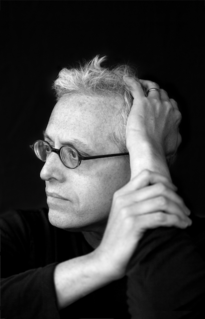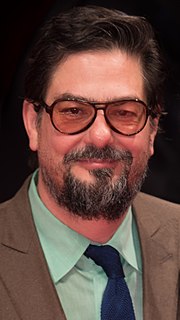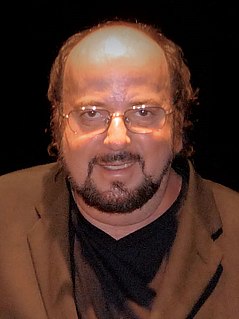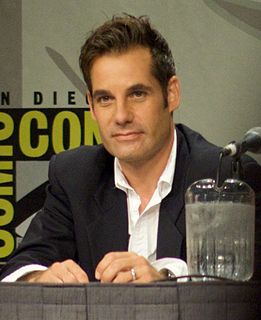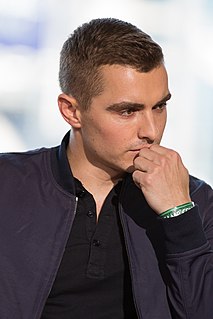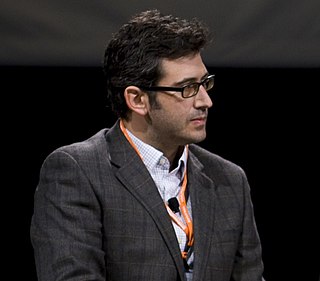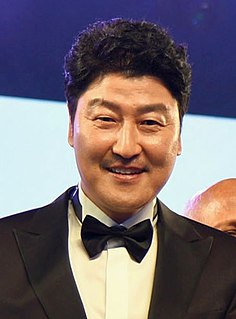A Quote by Donald Margulies
Choosing a director is like choosing a therapist - you want somebody who is going to be a step or two ahead of you, who can interpret and articulate your intentions better than you can, with the benefit of objectivity. I look for a collaborator who is going to help bring to life, on stage, in three dimensions, what is on the page. I wouldn't want a director who imposes conceits or distrusts the text or who has prejudged the characters.
Related Quotes
Isn't that how it is when you must decide with your heart? You are not just choosing one thing over another. You are choosing what you want. And you are also choosing what somebody else does not want, and all the consequences that follow. You can tell yourself, That's not my problem, but those words do not wash the trouble away. Maybe it is no longer a problem in your life. But it is always a problem in your heart.
I don't ever like to feel myself in the position to demand of an actor that they trust I'm going to do something worthwhile. I feel a responsibility to articulate what it is I'm going to do. Whether that's showing them a full script or sitting down with them and describing my ideas in detail. It's a very healthy burden on me as a film director to be able to articulate what I want to do, to inspire actors, rather than just saying, take it on trust I'll be able to do something worthwhile.
Photography is inherently an analytic discipline. Where a painter starts with a blank canvas and builds a picture, a photographer starts with the messiness of the world and selects a picture. A photographer standing before houses and streets and people and trees and artifacts of a culture imposes an order on the scene - simplifies the jumble by giving it structure. He or she imposes this order by choosing a vantage point, choosing a frame, choosing a moment of exposure, and by selecting a plane of focus.
As a director, you're a bit of a dictator. But I feel that you're a better director if you're open to other people's ideas. It means that it's tougher: you have to be in a choosing process; you have to put the ego aside. As long as everybody's aiming in the same direction... I'm open to my main partners in the film crew.
I'm trying to avoid any more asshole roles, at least for a little bit. The main criteria for me when choosing a project is a good director. I just want to work with these guys that I admire because I do want to direct my own films one day, and I want to pick their brains to see what their process is like, and see what I can take from that.
